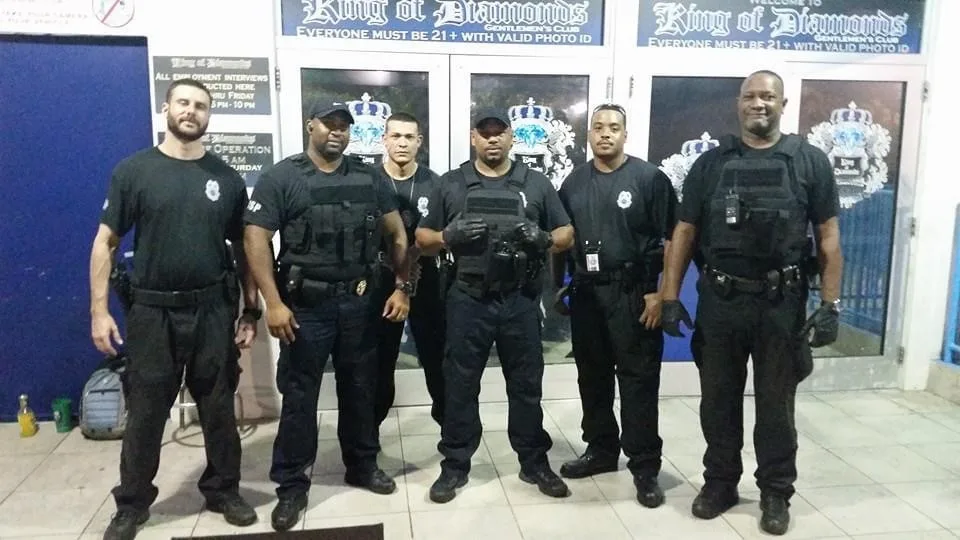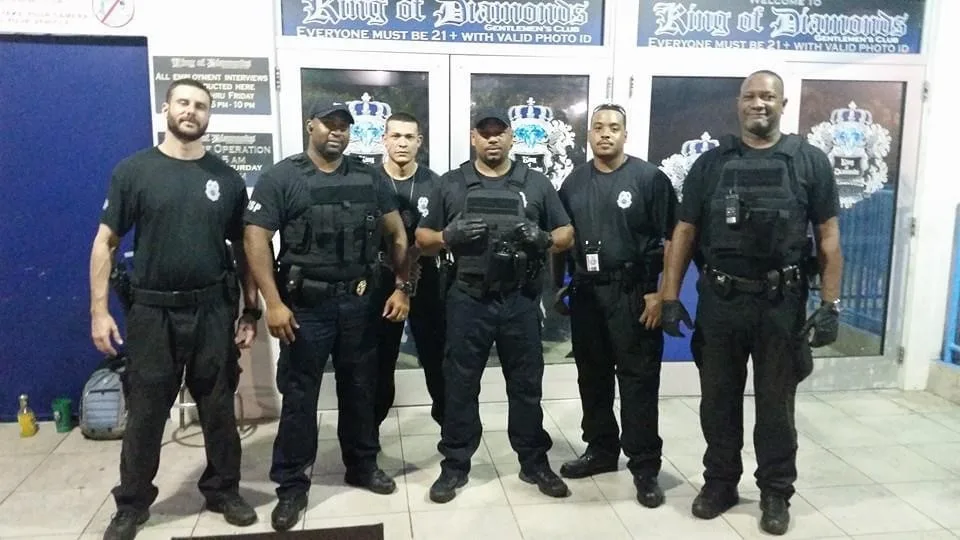
Hello there! With over three decades of experience in law enforcement and security, I’ve navigated countless high-pressure situations where split-second decisions could mean the difference between life and death. Today, I want to share some insights into the ethical challenges armed guards often face, particularly regarding the critical decision of when to use lethal force.
Understanding the Role of an Armed Guard
Armed guards are not just personnel who carry weapons; they are highly trained professionals expected to make judicious use of force while maintaining public safety. Whether stationed at banks, retail stores, or public events, armed guards must always balance the immediate security needs with legal and ethical considerations. Understanding the laws and company policies governing the use of force is foundational to their training and daily operations.
Ethical Considerations in Using Lethal Force
Lethal force is considered a last resort and is legally justified only under circumstances where there is an immediate threat to life or serious injury. But the decision isn’t just about legality; it’s deeply rooted in ethics. Guards must ask themselves: Is there a way to de-escalate the situation? What are the risks to bystanders? Each decision must be weighed carefully, with life preservation at the forefront of their minds.
Scenarios and Decision-Making
Let’s examine a few scenarios:
- A Threat in a Bank: Imagine a situation where an individual becomes violently threatening but hasn’t yet acted. The decision to shoot should only come if there is a clear and present danger that cannot be mitigated through less extreme measures.
- Chasing a Suspected Thief: If a guard is chasing a suspect who is fleeing from a burglary, the use of lethal force can rarely be justified unless the suspect poses an immediate threat to others.
- Active Shooter at an Event: This scenario may require a rapid response to stop the shooter and prevent further harm to the public. Here, the use of lethal force is more likely to be justified, given the active threat to life.
Each scenario demands not only a legal assessment but an ethical one, balancing the duty to protect with the imperative to do no harm.
Training and Preparedness
Proper training cannot be overstated. I remember conducting a training session where we used simulations to prepare guards for real-life situations. This type of training enhances decision-making skills under pressure and provides a safe environment to explore different outcomes based on various actions.
The Psychological Impact of Shooting
Shooting someone, even if justified, can have a profound emotional impact on a guard. I’ve seen colleagues struggle with the aftermath, questioning their decisions and dealing with anxiety or PTSD. It’s crucial that security personnel have access to psychological support after such incidents to help them cope with the emotional fallout.
Legal and Career Consequences
The legal implications following the use of a firearm can be severe. Security guards can face investigations that may lead to criminal charges, civil suits, or career-ending consequences if their actions are found unjustified. Thorough documentation and adherence to protocol are critical.
Case Studies
One enlightening case involved a security guard who was confronted by an armed assailant outside a nightclub. The guard used lethal force to neutralize the threat but was later scrutinized legally and ethically. The case highlighted the importance of clear protocols and reinforced the need for continuous training.
Guidelines for Ethical Decision-Making
Here’s a simple checklist for ethical decision-making:
- Assess the immediate threat: Is lethal force absolutely necessary?
- Consider alternative measures: Can the situation be de-escalated?
- Evaluate the safety of bystanders: Could innocent people get hurt?
- Follow legal protocols: Are you adhering to laws and guidelines?
Conclusion
Navigating the complexities of armed security requires more than good shooting skills; it demands a deep ethical commitment and a clear understanding of the responsibilities involved. Continual education and training in ethical decision-making are essential for anyone in this field.
Call to Action
If you’re an armed guard or considering a career in security, I encourage you to engage in ongoing training and education. Join forums, participate in workshops, and never stop learning. Our job is not just to protect property but to safeguard lives with integrity and honor. Let’s strive to make informed, ethical decisions in every situation we face.


